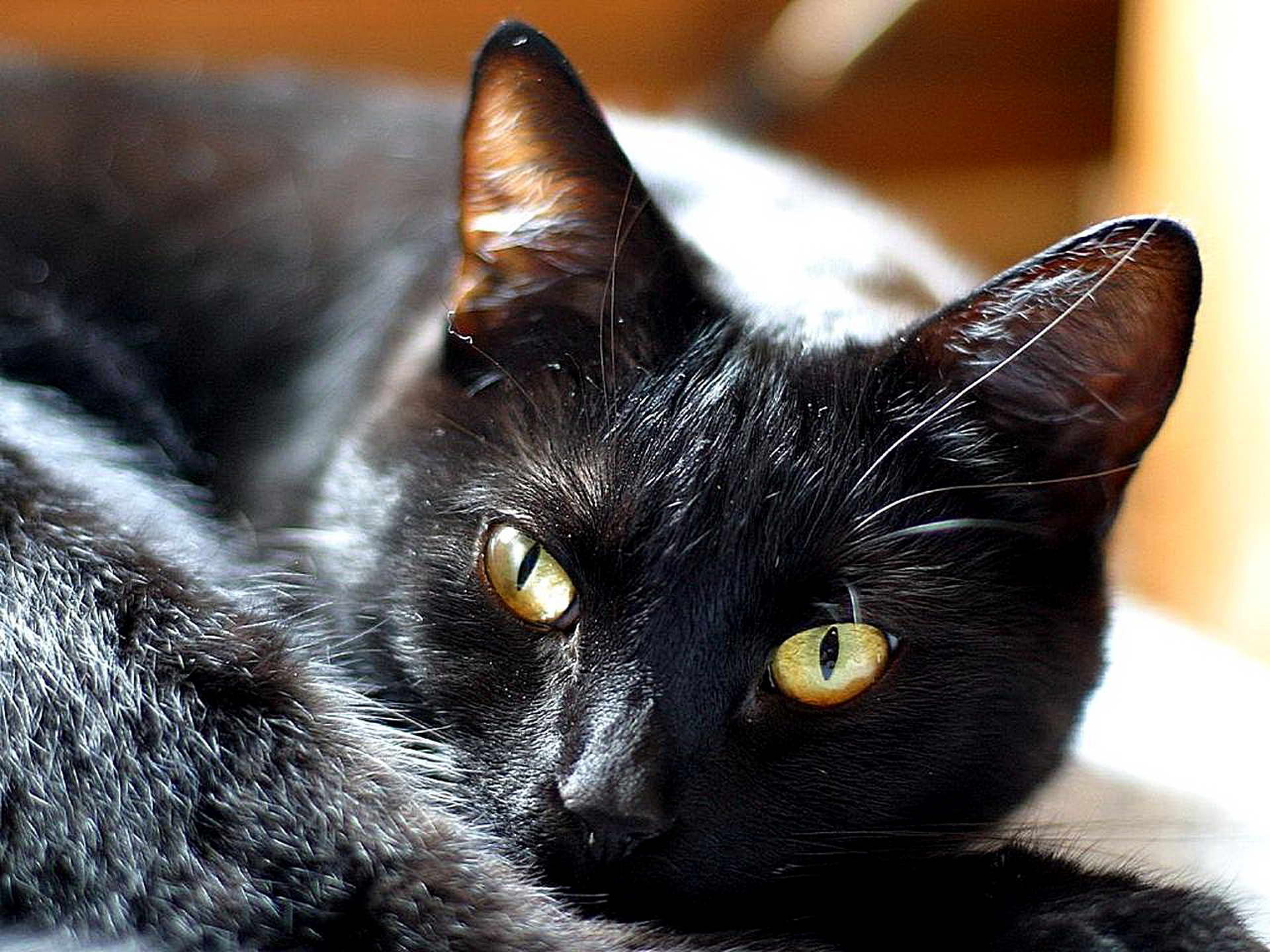Pets have a tendency to eat all sorts of strange things. And vet charity PDSA has seen it all – from dogs that have eaten socks and slippers, toys and even dentures to cats who’ve swallowed a needle and thread or eaten a metal clasp and plastic packaging. Pets get themselves into all sorts of trouble eating things they shouldn’t. But why do they do this?
PDSA Vet Lynne James said: “It’s very common for pets to eat things they shouldn’t. Chewing is a natural behaviour for dogs, while cats can get carried away when playing. As owners we need to make sure the toys and chews they have access to are undamaged, can’t be swallowed and don’t pose a danger if eaten.
Lynne continues: “Our pets are intelligent and they like to fill their quiet time by playing with toys. If they’re not given pet-safe toys, they’ll find something else in the home to play with instead, but this can cause problems as it leaves them vulnerable to swallowing something accidentally, potentially causing a blockage or even choking.”
“Another way that our pets, especially dogs, may eat things they shouldn’t is down to their tendency to explore with their mouths; they may accidentally swallow the things they pick up due to curiosity.”
The persistent eating of items which aren’t food is called pica; it is thought that stress, anxiety or changes to the pet’s environment can set it off, as well as being a habit that develops from boredom or lack of appropriate toys to chew. However, in some cases it can be linked to an underlying medical condition or some important nutrient lacking from their diet.
Pet owners can help reduce the chances of their pet eating something they shouldn’t by:
- Training. Train your dog to understand simple commands like ‘leave’ and ‘drop’. That way you can stop them from eating something that might be dangerous, even if you are some distance away.
- Keep items out of reach. Risky items should be kept safely out of reach – you might even need to keep them in a locked cupboard.
- Stimulation. Keep your pets entertained with healthy treats, toys, entertaining games and, for cats, activity centres such as scratching posts. These all help to keep their minds focused on positive things.
- A muzzle. If your dog is picking up lots of things while out on walks and hasn’t learnt the ‘drop’ or ‘leave’ command yet, you can use a basket muzzle. This should stop them from wolfing down anything hazardous and they’ll still be able to enjoy their walk.
- Diet. Make sure they’re fed a high quality, complete life stage appropriate pet food.
Lynne concluded: “If you’re worried your pet has eaten something they shouldn’t, or seems unwell in general, you should always contact your vet for advice. The quicker they can investigate, the better the outcome is likely to be.”

PDSA is the UK’s leading vet charity. We’re on a mission to improve pet wellbeing through prevention, education and treatment. Funding from players of People’s Postcode Lottery helps us reach even more pet owners with vital advice and information: www.pdsa.org.uk/appeal.
